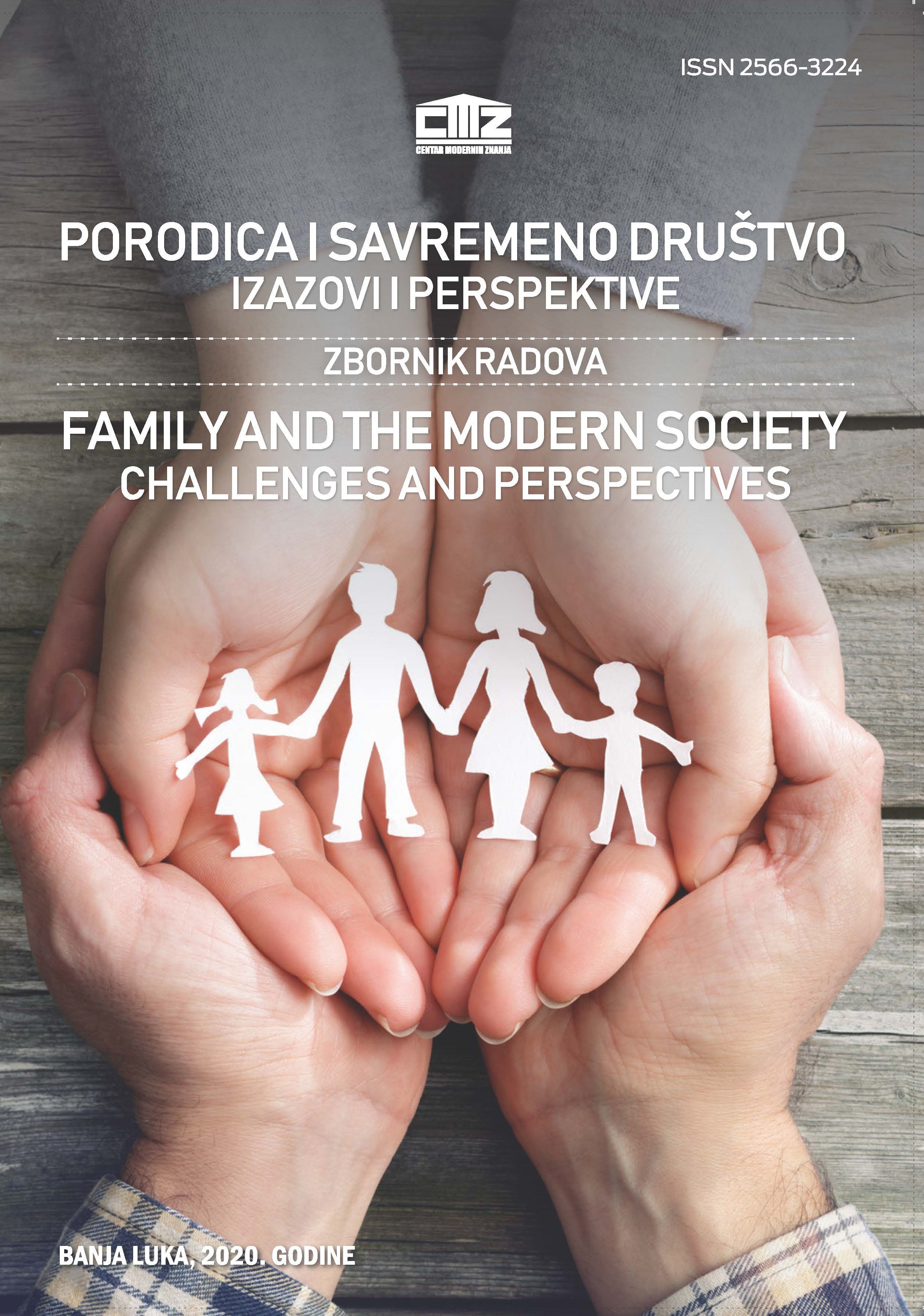SINOVI UBICE MAJKI
SONS AS MOTHER-KILLERS
Author(s): Zorica MrševićSubject(s): Criminology, Studies in violence and power, Substance abuse and addiction, Victimology
Published by: CENTAR MODERNIH ZNANJA
Keywords: matricide; brutality; sons as mothers killers; untreated addicts; psychiatric patients; non-response of institutions; hegemonic masculinity;
Summary/Abstract: The subject of the paper is the matricide - femicide of mothers committed by their sons. The case study provides an insight into the typical portrait of murderers who are most often middle-aged life losers, (untreated) addicts and / or psychiatric patients, although in the criminal law sense they are mostly completely sane. According to their social profile, they are typically structurally unemployed for many years, dependents supported by their parents, with not utralized education. From the criminological point of view, they are usually long-term perpetrators of the type of hegemonic masculinity, which no one, neither on the private nor on the institutional side, has effectively opposed. Analysis of matricide is placed in criminologically defined two contexts, the social position of older women and domestic violence against women. Through the analysis of 25 cases that occurred in the observed period (2013-first half of 2020), a clear typification is observed, ie. there are no differences between these acts with regard to the year, nor do they differ in regard to different national affiliation of the family members, and the different geographical or urban-rural typology of the settlement as the place of execution. Attention is drawn to the brutality of the execution, which exceeds the force necessary for deprivation of life. In most cases, it is stated that the institutions responsible for combating domestic violence, as well as the whole social environment, were mostly aware of the many years lasted agony that the murdered mother went through due to her son's violence and abuse. The main feature of all analyzed cases is their significant mutual criminological and phenomenological similarity and the continued shortcoming of the institutional system to act preventively. The aim of the paper is to act mobilizing precisely towards the direction of more efficient institutional prevention, pointing out that the escalation of domestic violence of this type can predictably lead to a lethal outcome. In methodological terms were applied the qualitative criminological analysis of cases from continuously longitudinally monitored publicly available data on individual cases of matricides, analysis of domestic and foreign academic criminological literature on domestic violence, on aging and on the position of older women, as well as foreign theoretical analyzes of matricides.
Journal: DRUŠTVENE DEVIJACIJE
- Issue Year: V/2020
- Issue No: 5
- Page Range: 464-475
- Page Count: 12
- Language: Serbian

